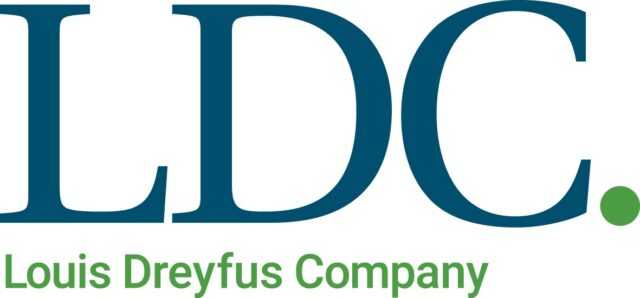ROTTERDAM, The Netherlands – Louis Dreyfus Company (LDC) announced today a commitment to eliminate deforestation and conversion of native vegetation of high conservation value for agricultural purposes from all its supply chains, by the end of 2025. The commitment builds on LDC’s global approach to shaping increasingly fair and sustainable food and agriculture value chains.
“Ensuring sustainable agriculture and food production are among the world’s most pressing global challenges, and our commitment to zero deforestation and conversion of native vegetation is essential in addressing these challenges,” said Michael Gelchie, LDC ’s Chief Executive Officer.
“To achieve our target, we believe in a collaborative approach that takes into account the needs and concerns of all supply chain participants, particularly farmers, on whose production activities we all depend for global food security, and whose methods are key to the conservation of natural resources and habitats.”
An important enabler of the Group’s biodiversity conservation and decarbonization targets, the commitment is in continuity with its initiatives in recent years, such as the creation of a dedicated Carbon Solutions Platform, and the development of product-specific sustainability codes and policies stipulating LDC’s commitment to conserve forests and native vegetation for commodities considered to be higher risk in relation to deforestation – namely coffee, palm and soy.
“Eliminating deforestation and native vegetation conversation associated with agriculture is among the most significant contributions we can make to the world’s 1.5°C Paris Agreement target to limit global warming. The commitment announced today is therefore a key step in LDC’s efforts to contribute to a net-zero economy through a decarbonization roadmap that includes action to drive down emissions within our own operations as well as in our value chains – in this case upstream, at the farm level,” said Mr. Gelchie.
Next steps toward implementation will involve risk assessments across supply chains, as a basis to prioritize actions with a focus on supply chains and regions with higher deforestation and conversion risks, with regular reporting on progress.
“This commitment is aligned with LDC’s track record of transparency and public reporting on supply chain risks and efforts to mitigate these, which we feel will be complemented by a commitment to complete avoidance of deforestation and native vegetation conversion with a clear timeline,” said Guy Hogge, LDC’s Global Head of Sustainability.
“Joined in our conviction by a growing body of policymakers, consumer goods companies, the financial community, and other stakeholders who are increasingly making similar commitments, we look forward to working in concert with supply chain partners to achieve our target through product traceability, land use monitoring and third-party verification, and above all continual engagement with and support to suppliers and farmers in our network.”
















